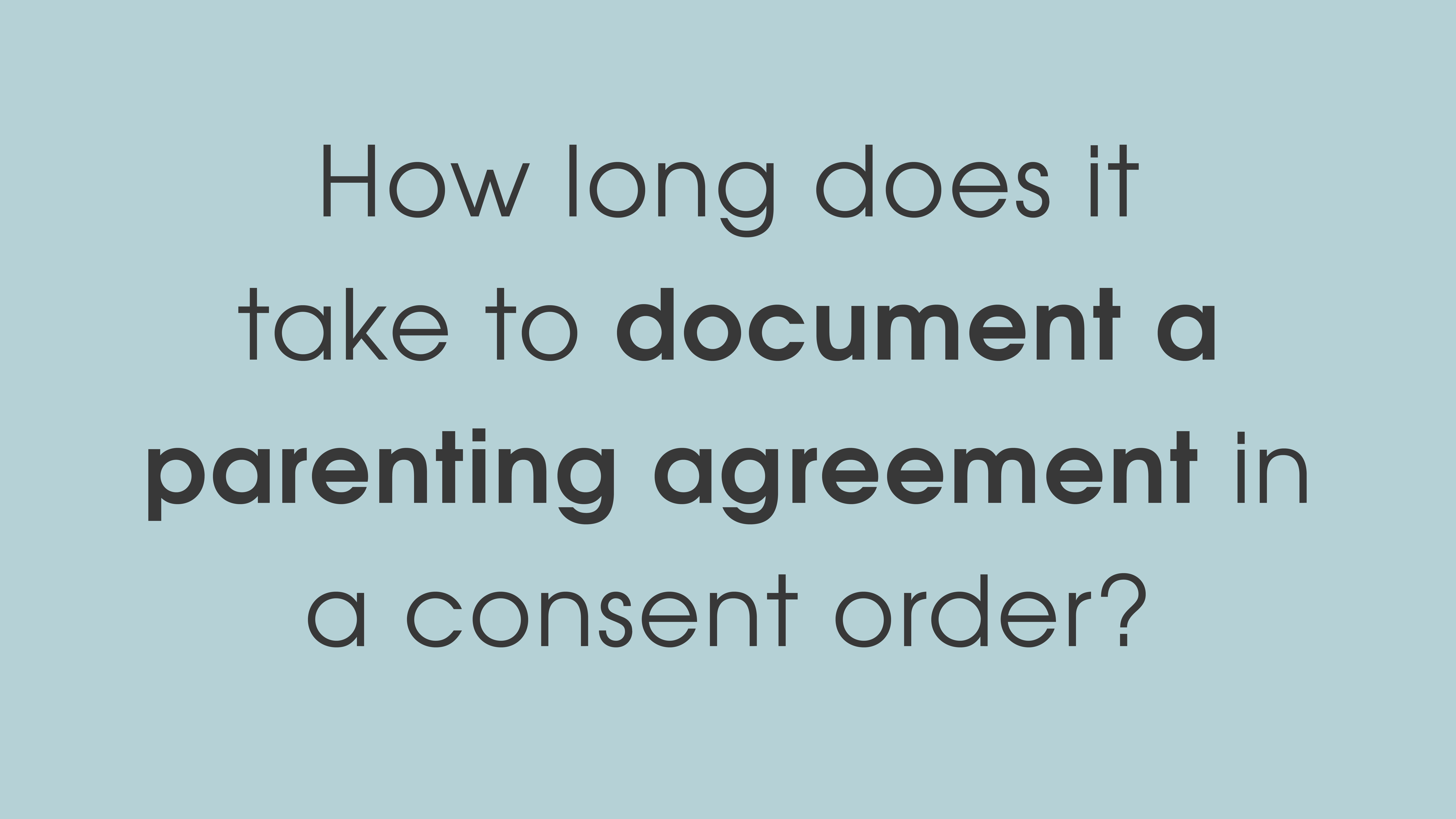How Do Mental Health Conditions Affect Family Law Proceedings?

Concerns over the mental health of one parent are common in family law proceedings. As such the family court approaches the topic very seriously, incorporating it along with any other consideration it deems necessary to find a solution that’s in the child’s best interests.
Let’s look at how mental health conditions intersect with family law.
Mental health considerations in parenting orders
The court will not accept the mere presence of a mental health condition as grounds for changing living arrangements for children (such as removing custody from a parent or limiting their contact with their child). Provided there are no risk factors that would cause the child harm, it is assumed that it is best for the child to have a meaningful relationship with both parents, and any finding against that would require convincing evidence.
If an interested party raises concerns around mental health for consideration, the court will consider a number of things before making a decision. This includes what the mental health condition is and how it manifests, as well as what impact it has on the child, and whether it negatively impacts the parent’s ability to fulfill their role as a parent. Another significant consideration is the insight a parent has about their mental health condition. A lack of insight where there are serious mental health conditions would cause the court significant concern.
To avoid undue prejudice, the court requires evidence that, not only does the mental health condition exist, but that it has a clearly negative impact on the child, and the party’s capacity as a parent.
Parenting arrangements and the impact on children
Ultimately, the court is concerned with what is in the child’s best interests. According to the Family Law Act 1975, the court must consider the capacity of each parent to adequately provide for the needs of the child. While there is no presumption that any mental health condition will undermine a party’s parental capacity, if the court is satisfied that it does, the court may limit that parent’s contact with the child, or require the contact to be supervised.

Proving your capability as a parent
In addition to considering the nature of a mental health condition, and the effect it has on your capacity as a parent, the court will also consider what steps have been taken to manage the condition in question.
There are several ways mental health concerns can be managed. Working with a GP to create a treatment plan may include attending regular sessions with a therapist, lifestyle changes, or prescribed medication, among other measures.
The medical team you work with can provide a report and affidavit setting out the effect the treatment is having, how long it has been going on, and if there are any particular points of concern. The court can take this into account when determining if any intervention is necessary on the child’s behalf.
As with any family law proceeding, it is highly recommended to get expert legal advice from a qualified family lawyer.
Dealing with family law can be an overwhelming experience, but at Life Law Solutions, we can help you work through the family court system and find peace of mind. For more information on mental health services, please see the following mental health support services.
If you are searching for legal advice, we would love to assist you. Book an obligation-free discovery call today.





